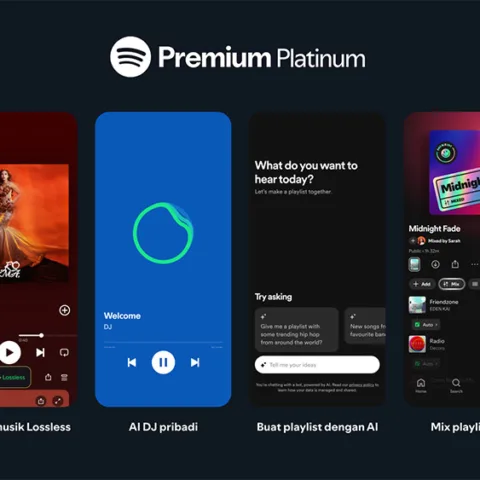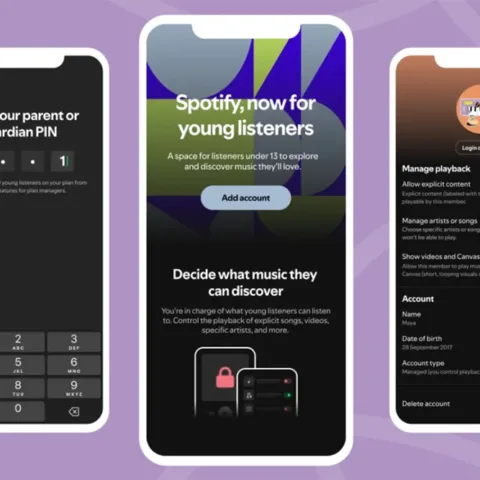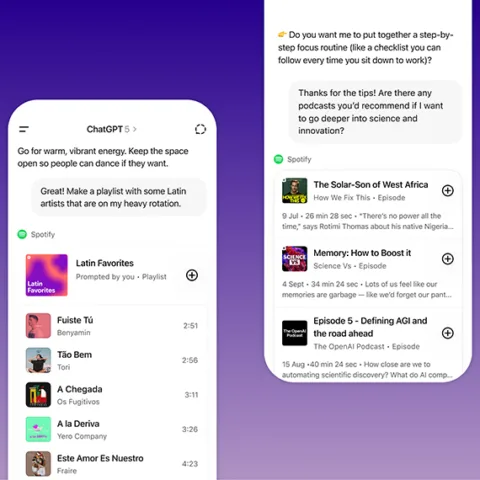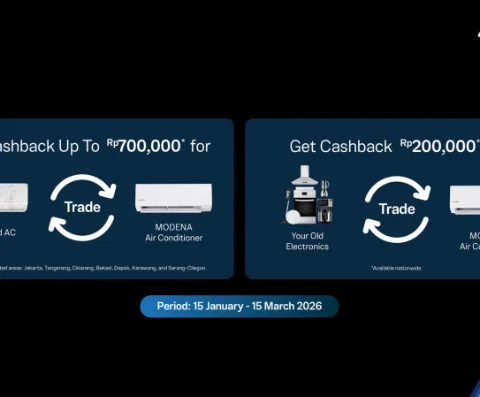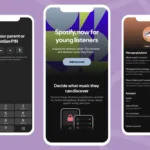Spotify has been on an international expansion drive recently having added Argentina, Greece, Taiwan, and Turkey to its markets earlier this month. While it now has 32 countries on its table, the company is still looking to add a few more apparently before the calendar year is over. Our sources say that The Philippines and Indonesia are next on its schedule alongside Thailand.
Spotify, for those who are not familiar, allows people to stream music on demand using its apps and website and lets people create playlists and mixes from its large collection of songs. The Sweden-based company has been driving the change in how people consume and enjoy music. By relying primarily on a streaming service over the Internet, Spotify members don’t need to store tens of thousands of songs in their devices allowing for more efficient and more flexible access to music. Spotify does offer a download option for many of its songs but it’s not how the service is mainly used.
While at this time last year Spotify had over four million paying members, its latest reveal from March puts that number at six million out of 25 million. The company seems on track to reach or exceed eight million at the end of Q3 2013 and that achievement will only be made easier following its recent expansion.
Spotify generally charges roughly USD 9 per month for each paying member to access its entire music library through multiple devices and create their own playlists but it also offers a free service which limits members to 40 hours of music per month.
In Southeast Asia, Spotify has launched in Singapore and Malaysia back in April as the rest of the region awaits. Given the higher adoption of mobile devices over desktop computers in the region, Spotify wisely favors mobile access over desktop which allows music fans to enjoy their favorite songs wherever they are. The company is said to be aiming for an end of year launch in both the Philippines and Indonesia to wrap up its Southeast Asian coverage. As The Next Web noted, Spotify already supports Thai script in its Android app which signals an impending launch in Thailand as well.
In Indonesia, Spotify reportedly had been in talks with local telcos as well as the local licensing agencies for the last several months in the hope of launching in November or December. Given the country’s low adoption of credit cards, it becomes a challenge for Spotify if it were to require subscribers to pay through that method. Modifying its model to accommodate carrier billing, become more advertising-based, or using pre-paid cards, would allow greater options and increase the likelihood for its future Indonesian members to upgrade to paid access.
As we have always noted, Indonesians heavily favor local music acts over American or other foreign acts, despite the current widespread K-Pop obsession. Local acts such as SM*SH, Cherrybelle, and JKT48 which mimic Korean and Japanese idol groups have massive followings as do rock bands such as Noah and Nidji. Given this market behavior, for Spotify to enter and be even mildly successful in Indonesia, having a strong library of Indonesian music acts is crucial.
Having said that, Spotify is a streaming service. It requires mobile data subscription which in terms of subscriber numbers still trails the traditional voice and SMS customers. With Indonesian mobile consumers still predominantly on feature phones having no mobile data access, the company’s potential market in Indonesia at this point is still very limited. Its growth in the country will largely depend on how quickly Indonesians adopt smartphones and be far more familiar with the mobile app ecosystem.
[Header image from Shutterstock]

